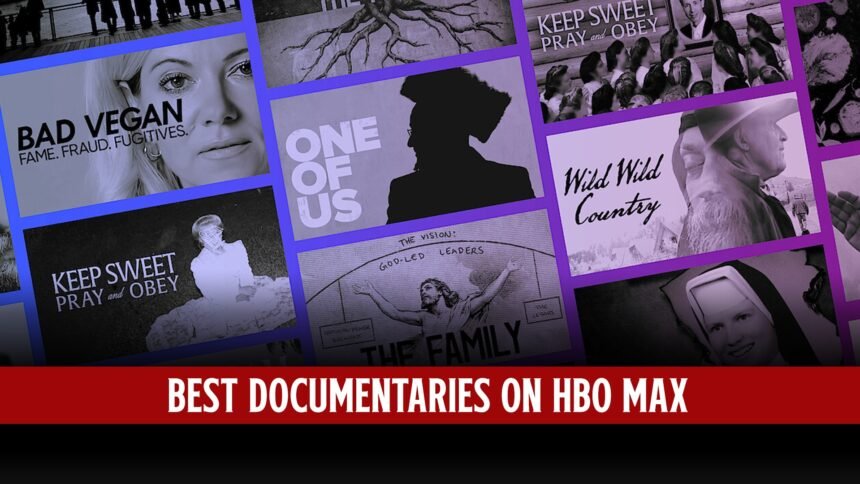The US retail sector has experienced the highest gains in almost two years, with sales rising by 3.0% in January, following two consecutive monthly declines. Despite higher borrowing costs, it is a significant sign of strength in consumer spending and a positive indication of the US economy’s resilience.
Economists have raised their first-quarter economic growth forecasts following the strong sales figures and have eased their concerns about a potential recession. However, fears remain that the United States central bank could lift borrowing costs higher than expected, leading to a downturn in the year’s second half.
Despite this, analysts are optimistic that the economy will continue to perform well and that the Federal Reserve will gradually raise interest rates through summer to curb domestic demand. The resilience of the US consumer, despite concerns about high borrowing costs, is seen as a positive factor in keeping the economy on track.
The data also revealed a surge in spending in January, with credit and debit card data showing gains in services spending. Despite reports, lower-income consumers are feeling the pressure of higher borrowing costs, with the Bank of America Institute noting that even the lowest-income cohorts have solid cash buffers and borrowing capacity.
Meanwhile, consumer prices accelerated in January, with the disinflation rate slowing year-on-year. The US economy is experiencing a rebalancing period, with the Federal Reserve keen to keep interest rates higher for longer to address imbalances in the economy.
Overall, the retail sales figures are a positive indication of the resilience of the US economy, despite concerns about higher borrowing costs and potential downturns. The US consumer remains a key factor in maintaining economic stability, with analysts optimistic about the prospects for continued growth in the retail sector.
The strong retail sales figures have fuelled financial market speculation, with investors keenly watching the Federal Reserve’s policy moves. Some experts have suggested that the data could encourage the central bank to maintain its current trajectory of gradually raising interest rates to prevent overheating the economy.
However, others warn that the risk of recession is still a concern, particularly if the Fed raises interest rates too quickly. Christopher Rupkey, Chief Economist at FWDBONDS in New York, cautioned that the longer the economy remains strong, the greater the risk of the Fed raising rates too high and causing a downturn.
Despite these concerns, the outlook for the US retail sector remains positive, with economists predicting continued growth in the coming months. For example, the Bank of America Institute has noted that lower-income consumers still have solid cash buffers and borrowing capacity, which should provide support for some time.
Overall, the retail sales figures for January are an encouraging sign for the US economy, demonstrating its resilience and ability to withstand challenges such as higher borrowing costs. While concerns about potential downturns remain, experts are optimistic about continued growth in the retail sector and the wider economy.













